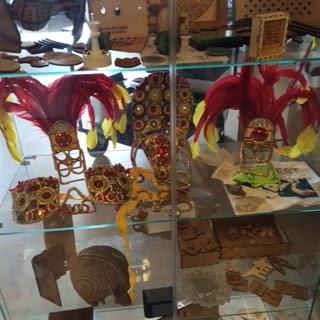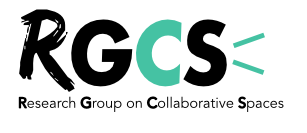By Marie Hasbi (Université Paris II), Albane Grandazzi (Université PSL Paris-Dauphine), Stéphanie Faure (Université PSL Paris-Dauphine), François Delorme (Université Grenoble II, CERAG),Roser Pujadas (LSE) & Aurore Dandoy (Université PSL Paris-Dauphine)
Acknowledgements:
We would like to express our great appreciation to the following persons who have generously offered their help in the organization of this event.
Jonathan Schmidt (Phd student at CBS), Mogen Pedersen (Professor at CBS), Frederik Tauber (CCO of BLOXHUB), Rasmus Vestergrard (Coordinator of Copenhagen Fablab)
On the 5th July 2017 at Copenhagen, CBS hosted the first OOSE event. The main topic of this year is related to contradictions and paradoxes of the sharing economy. Indeed, sharing economy has a contested nature.
Our event was divided into three parts.
************ First Part ************
The first parts took place in Bloxhub. It started by a presentation of this innovative place by Jonathan Schmidt and Frederik Tauber.
BLOXHUB Copenhagen is an innovation space with the mission to contribute to sustainable urbanisation. BLOXHUB is both a co-working and event space and tries to achieve its mission through several innovative activities along the three main strategic levers connect, share, and scale: connecting people and organisations, sharing knowledge, scaling innovative solutions.
The Danish Ministry of Business and Growth, the City of Copenhagen and Realdania, a private philanthropy, co-founded BLOXHUB in 2014.
Since January 2016, BLOXHUB operates in a pilot phase, with approximately 100 desk spaces for 8 resident members and with approximately 100 community member organizations. A hub secretariat headed by a hub director runs the innovation space’s operations, controlled by a supervisory board. Once the new BLOX building opens in spring 2018, it will entail 10.000-sqm office and event space, accommodating approximately 50-60 organisations with 500 desk spaces in total.
After listening and interacting with the presentation of Bloxhub, we visited the showroom of bloxhub.
************ Second Part ************
The second part and the main part of our event was the workshop of OOSE hosted by CBS.
The workshop started by a presentation about paradoxes in sharing economy, by François-Xavier De Vaujany (Université Paris-Dauphine, PSL) & Aurélie Leclercq-Vandelannoitte (LEM, CNRS 9221).
You can find all the slides of this presentation here.
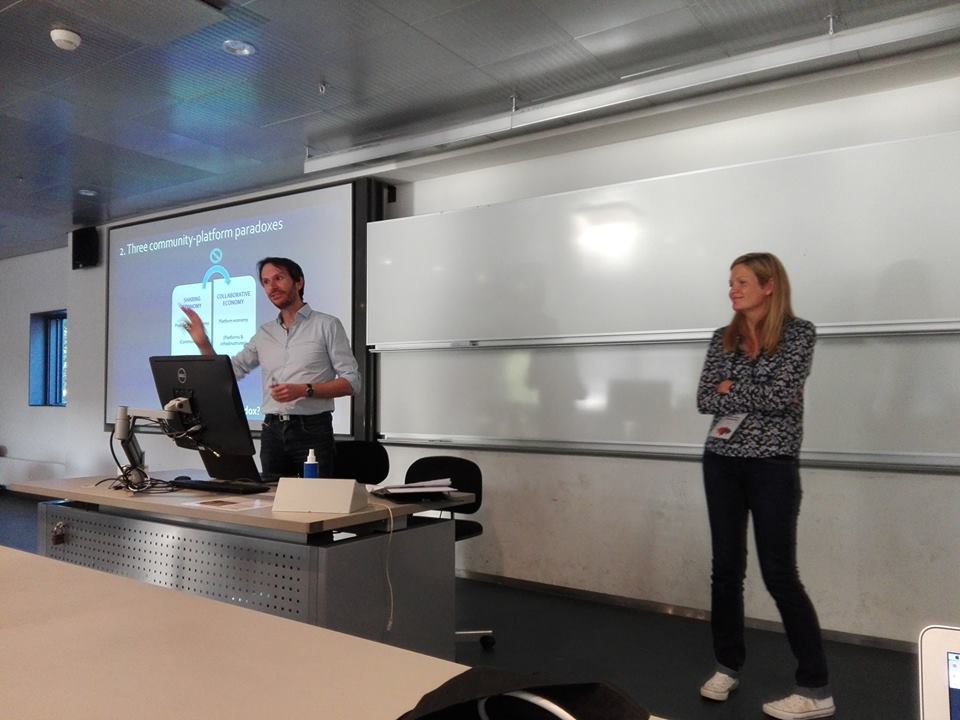
The workshop attendees were invited to participate to a work group based on the identification of controversies and paradoxes of sharing economy.
Following, the final restitution of the three groups:
- Group 1: Amadou, Aurélie, Stéphanie

The main three paradoxes for the first group are about the question of freedom into communities, the full openness of sharing economy and the matter of its substantiality. The third main paradox for this group is about the collective intelligence. Indeed this group addresses the following issues: into platforms and communities, how can we organize people?
And finally, what is the difference between paradoxes and contradictions?
- Group 2: Thomas, Sebastien, George, Sophie
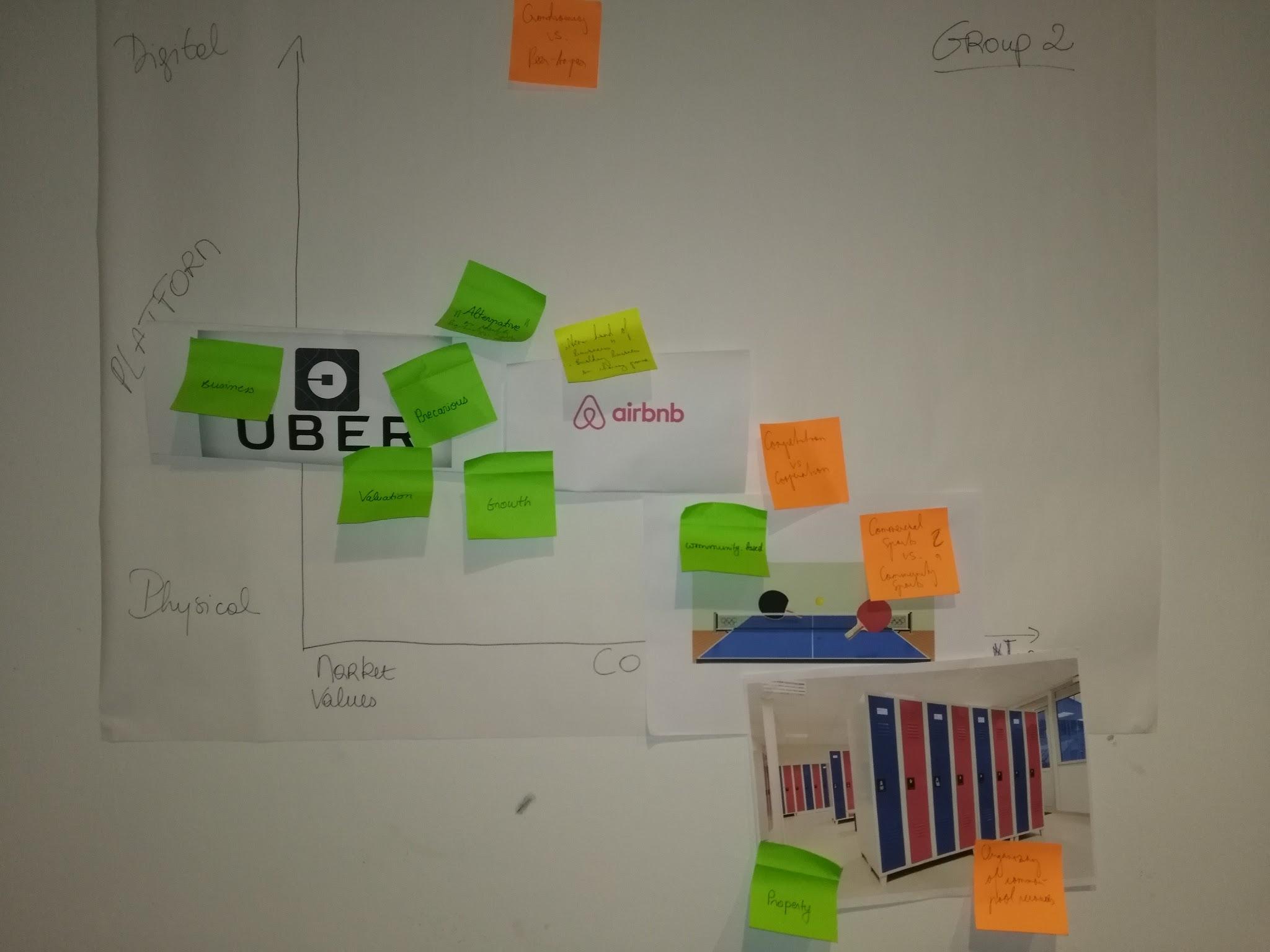
The major paradox for the second group is competition versus cooperation. This group underlines the following issues: how to address peer sharing in public domain and how can digital help or not commercializing sport like Ping Pong? And how organization can organize their platforms?
- Group 3: Stefan, Isabelle, Chintan (CK), François

Winnie the pooh represents a market value. The bicycle symbolizes a sharing service that can be facilitated by digital media. Those two elements opened a discussion into this group about the role of the user. Is he seen by platforms and communities as a consumer or someone experiencing objects ? That can be the biggest paradox of sharing economy, according to the third group.
Another paradox come from the matrix drawn by this group: it is about the sign of a “locker.” Indeed the representation of a locker in canada is different from US, so how a community can launch a product and seal it depending of the country or the local culture?
- Group 4: François-Xavier, Eila, Anthony
The idea was to test a walk-based reflexion with one rule: “Talking while walking… No possibility to stop.”
RGCS is used to walk between spaces, with a goal, but this time it was to walk without goals… If paradoxes and contradictions were the purpose of the discussion, the conclusion is more intriguing: “Does creativity requires some kind of immobility?” (Tweet of @collspaces on 09:44 – 5 Jul 2017)
Talking while walking… No possiblity to stop. Great experimentation tonight #EGOS #OOSE Does creativity requires somekind of immobility? pic.twitter.com/PIxCjnEfgs
— Coll. Spaces (RGCS) (@collspaces) 5 juillet 2017
************ Third Part ************
On the 9th of July, the final day of the colloquium of EGOS, RGCS members visited Copenhagen Fablab.

Copenhagen Fablab is an open access tool workshop situated on 4th floor at Valby Kulturhus.
Our visiting was guided by Rasmus: the fablab coordinator.
The fablab is part of the cultural life of copenhagen Kultur Valby (cultural house of copenhagen) which is a part of the Municipality of Copenhagen.
Copenhagen Fablab is largely run based on users helping other users. However, Rasmus coordinate users and volunteers.
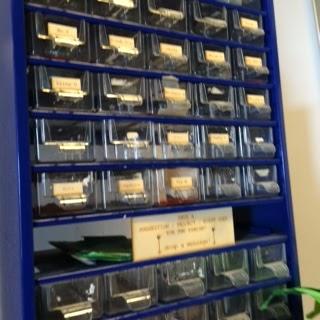
Copenhagen Fablab gives an open and free access to all citizens. “There is no need for money, all payment is by Knowledge” as says Rasmus. Therefore each user has to follow some rules like : cleaning after oneself, helping others, maintaining the equipments and sharing projects and design files. All rules are posted on the wall as we can see it on pictures below.
In this fablab, we can find tools or equipments to make anything like 3D printers, X-carve, laser cutter, Printing Press,3D scanners,Projectors and Screens …
At the end of our tour, Rasmus shows us items made into the fablab. Copenhagen Fablab is not just for 3D printing and laser cutting. It can also help making Copenhagen carnival costumes and crafts as we can see it from the picture below.These crafts were made using the laser cutter for smell fish scale detailing.The rest comes from Copenhagen fablab recycled plastic.
